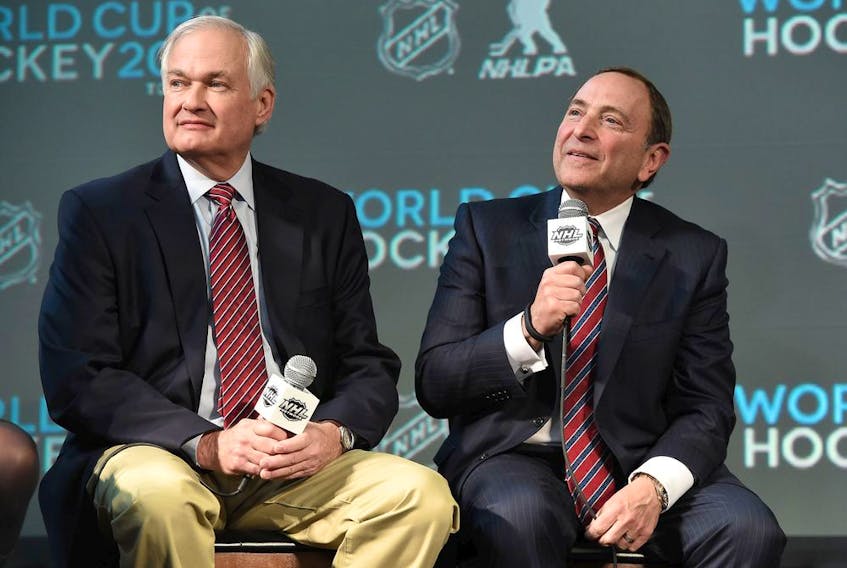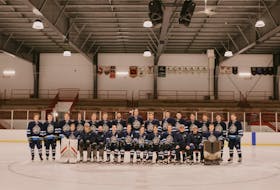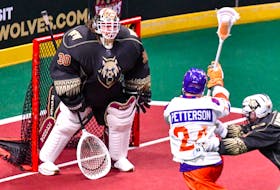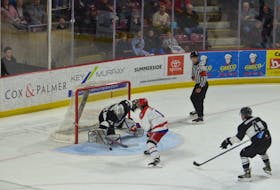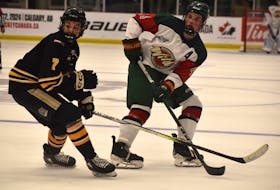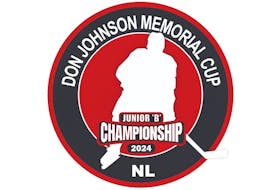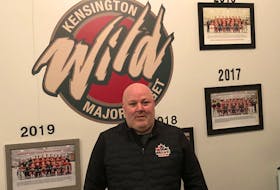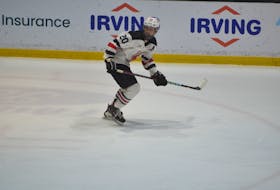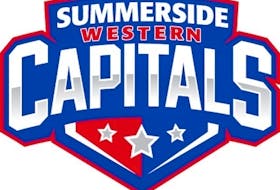CHARLOTTETOWN, P.E.I. — The NHL Players’ Association (NHLPA) voted Friday to approve the NHL’s return-to-play committee’s proposal for a 24-team tournament to decide this year's Stanley Cup champion.
Under the proposal, the top four teams in each conference automatically qualify for the playoffs, receiving a bye from the 16-team, best-of-five play-in series. They will instead participate in a best-of-three round-robin to determine their final seedings. The eight teams emerging from the play-in round will face off against those bye clubs in the opening round of a four-round, best-of-seven playoffs.

While players and owners seem to be on the same page over how they’ll complete this season, several issues remain that must be worked out before the quest for the Cup begins.
The league announced Monday Phase 2 of its return-to-play plan will begin in early June. That involves players returning to their respective NHL cities and participating in small-group workouts at their respective team facilities.
Sorting out work visas and navigating through travel restrictions could push that phase further into the month.
A decision on host cities for the tournament must also be reached. The league is reportedly leaning toward two cities, one for each conference. Columbus and Las Vegas are believed to be in the mix while Canadian candidates include Edmonton, Toronto and Vancouver. Those locations have suitable ice and training facilities, accommodation and transportation, as well as lower reported cases of the coronavirus (COVID-19 strain) compared to other NHL cities.
Once the hosts are decided, Phase 3 will see players travel to those locations and self-quarantine for two weeks. If border restrictions on non-essential travel remain in place between Canadian and the United States, the participating teams will require exemptions to cross the border. After that, they'll engage in a two- to three-week training camp before the tournament commences.
The game could have a different look compared to the usual NHL product. The amount of on-ice physical contact among the players could become a concern.
Ensuring the health and safety of everyone involved is the priority. That means regular COVID-19 testing for players, coaches, trainers and other team staff, as well as arena workers, broadcasters and everyone involved in transporting, feeding and housing those people. Maintaining sufficient health protocols will cost millions of dollars.
How the players address their downtime from the rink is another issue. Suitable entertainment and recreation will have to be provided. Some of them could be away from their families for weeks, raising questions over whether they will be allowed at some point to reunite with their wives and children during the tournament.
Despite the daunting logistics, the NHL and NHLPA appear united in their commitment to complete the season, crown a Stanley Cup champion and recoup some of their lost revenue.
If all goes well, the tournament could begin by late July, with the Cup being awarded sometime in September.
Lyle Richardson is a freelance writer with the Sporting News and runs the website Spector’s Hockey. His column will appear in The Guardian throughout the NHL hockey season.

